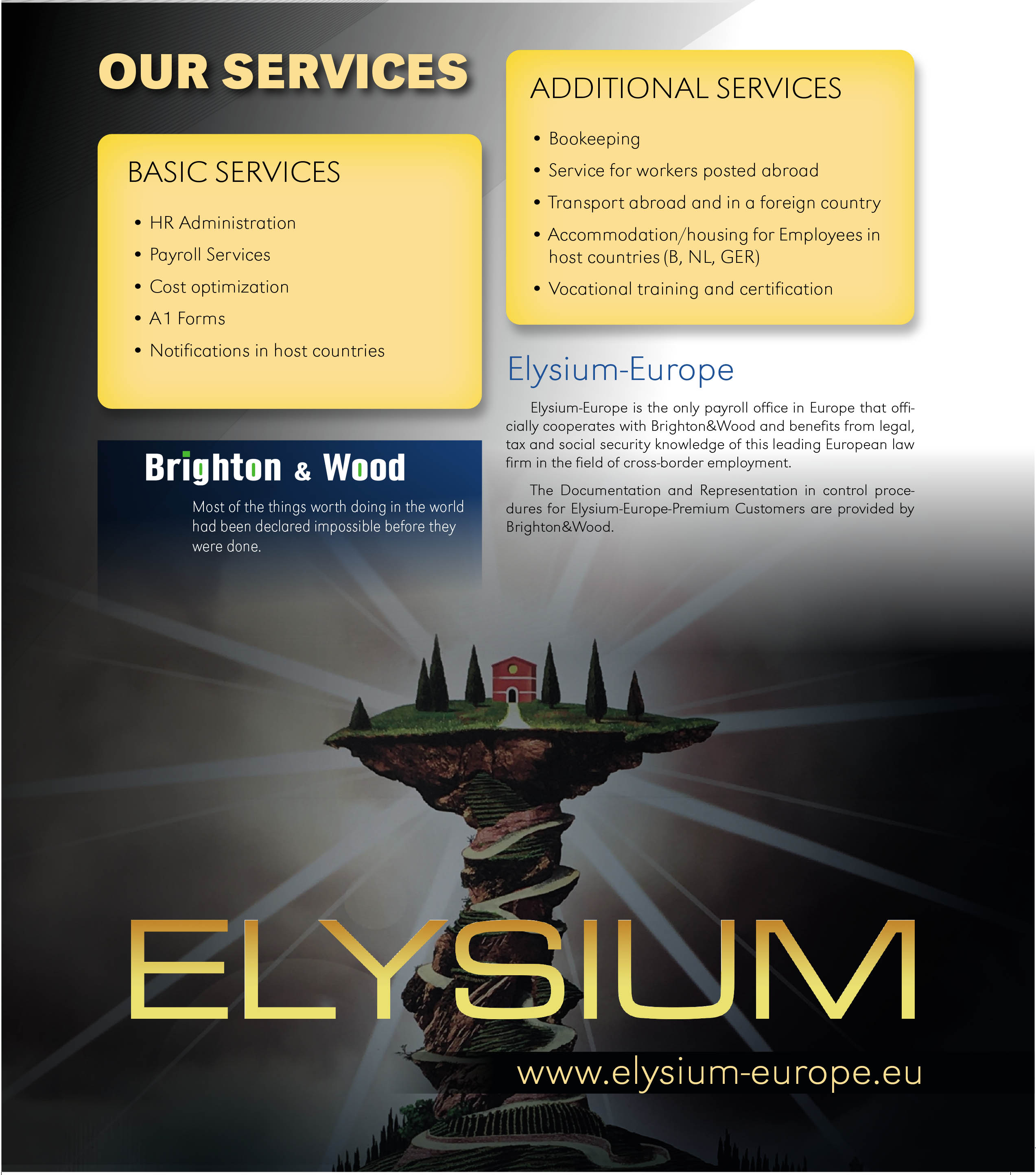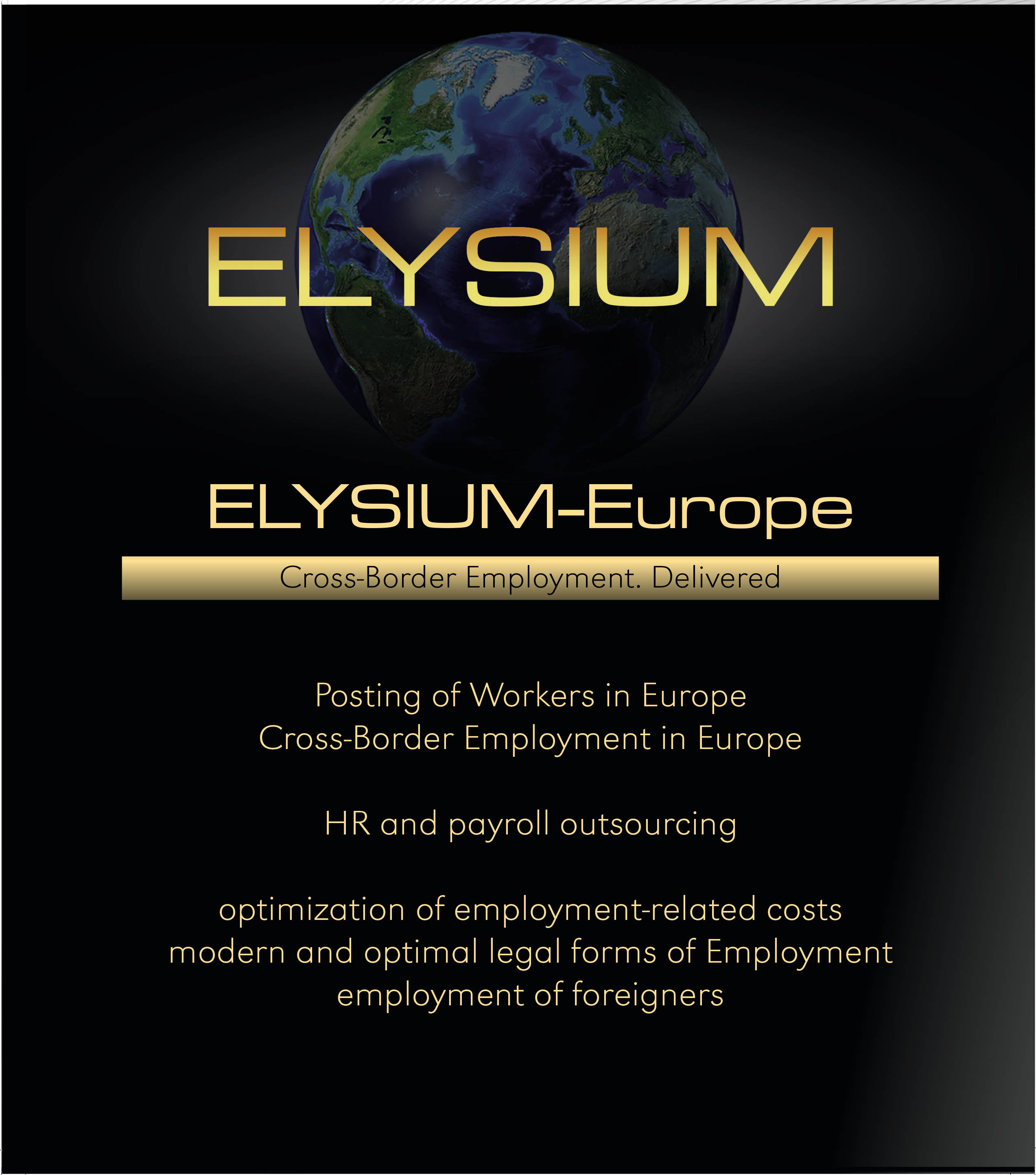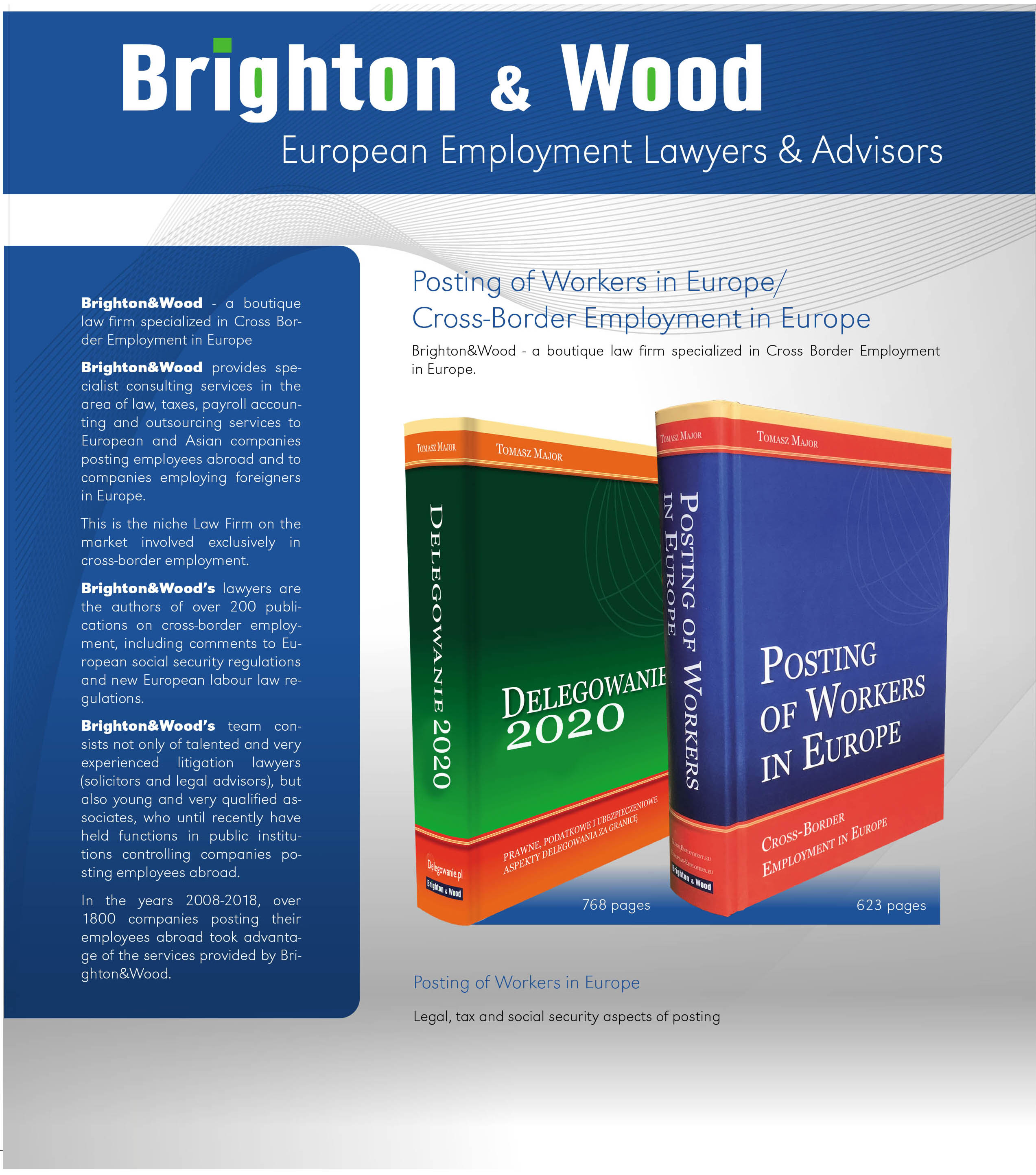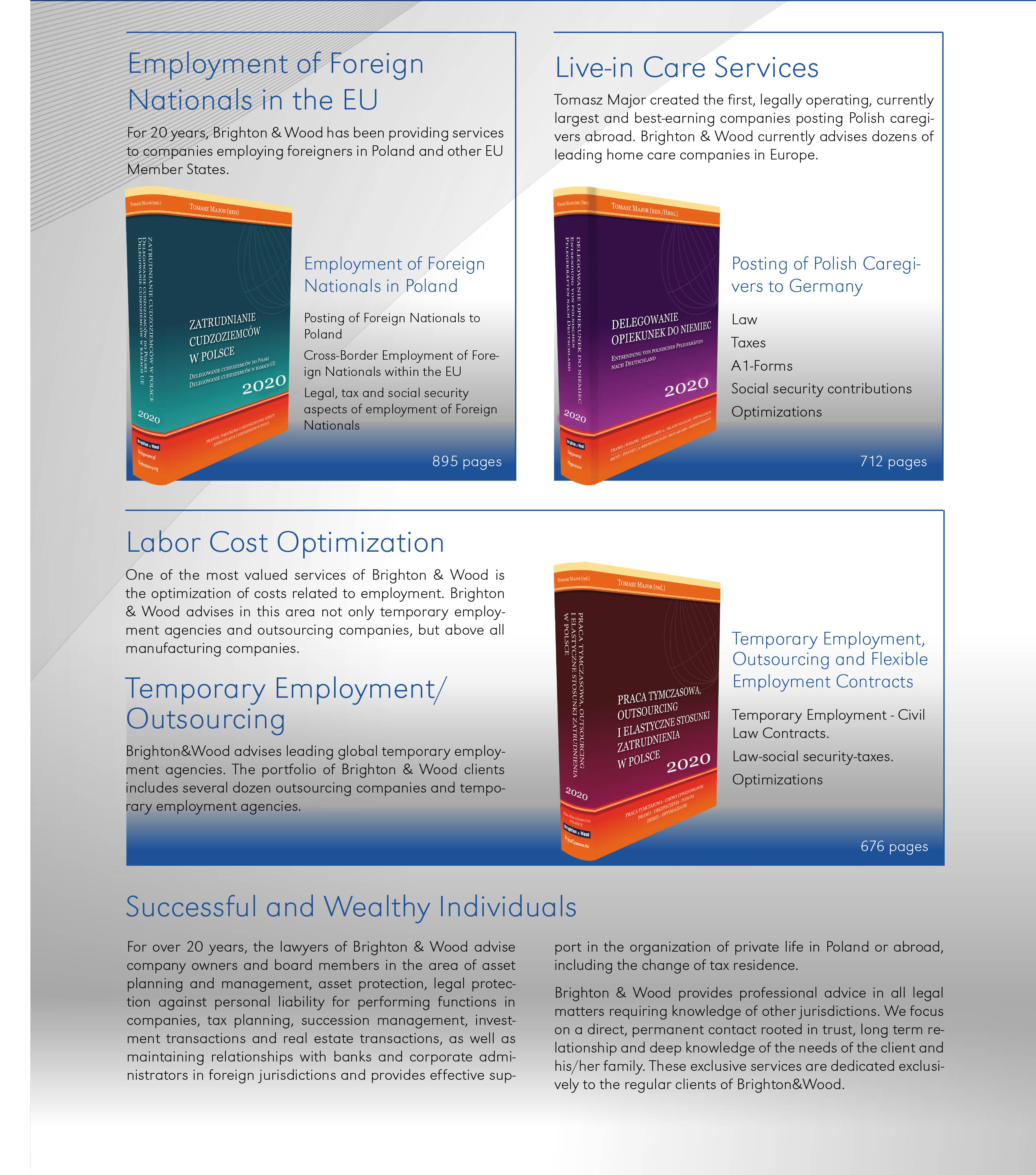Business Profits
Art. 7
1. The profits of an enterprise of one of the States shall be taxable only in that State unless the enterprise carries on business in the other State through a permanent establishment situated therein. If the enterprise carries on business as aforesaid, the profits of the enterprise may be taxed in the other State but only so much of them as is attributable to that permanent establishment.
2. Subject to the provisions of paragraph 3, where an enterprise of one of the States carries on business in the other State through a permanent establishment situated therein, there shall in each State be attributed to that permanent establishment the profits which it might be expected to make if it were a distinct and separate enterprise engaged in the same or similar activities under the same or similar conditions and dealing wholly independently with the enterprise of which it is a permanent establishment.
3. In determining the profits of a permanent establishment, there shall be allowed as deductions expenses which are incurred for the purposes of the permanent establishment, including executive and general administrative expenses so incurred, whether in the State in which the permanent establishment is situated or elsewhere.
4. No profits shall be attributed to a permanent establishment by reason of the mere purchase by that permanent establishment of goods or merchandise for the enterprise.
5. For the purposes of the preceding paragraphs, the profits to be attributed to the permanent establishment shall be determined by the same method year by year unless there is good and sufficient reason to the contrary.
6. Where profits include items of income which are dealt with separately in other Art.s of this Convention, then the provisions of those Art.s shall not be affected by the provisions of this Art.
It is understood that income derived from economic activities in Bulgaria by a resident of the Netherlands in conformity with the provisions laid down in Art. 101 of Decree No. 56 on Economic Activity of the State Council of the People's Republic of Bulgaria, 1989, shall be taxable in Bulgaria in accordance with the provisions of Art.s 5 and 7 of this Convention. Therefore such income, whether or not transferred to the Netherlands, shall not be regarded as dividends meant in Art. 10 of this Convention.
This provision shall not apply to a participation in a joint stock company or limited liability company, created in accordance with Decree No. 56 on Economic Activity of the State Council of the People's Republic of Bulgaria, 1989.
4. Ad Art. 7
In respect of paragraphs 1 and 2 of Art. 7, where an enterprise of one of the States sells goods or merchandise or carries on business in the other State through a permanent establishment situated therein, the profits of that permanent establishment shall not be determined on the basis of the total amount received by the enterprise, but shall be determined only on the basis of the remuneration which is attributable to the actual activity of the permanent establishment for such sales or business. Especially, in the case of contracts for the survey, supply, installation or construction of industrial, commercial or scientific equipment or premises, or of public works, when the enterprise has a permanent establishment, the profits of such permanent establishment shall not be determined on the basis of the total amount of the contract, but shall be determined only on the basis of that part of the contract which is effectively carried out by the permanent establishment in the State where the permanent establishment is situated. The profits related to that part of the contract which is carried out by the head office of the enterprise shall be taxable only in the State of which the enterprise is a resident.






